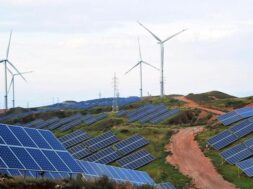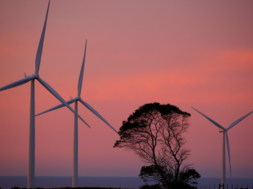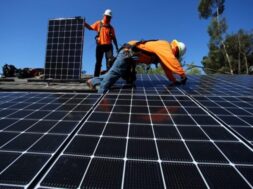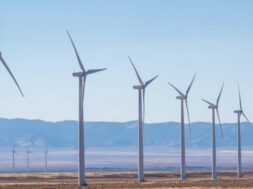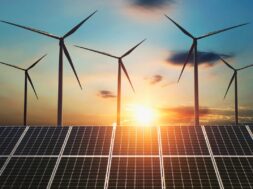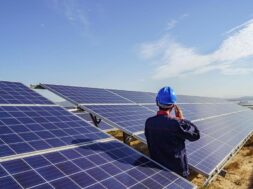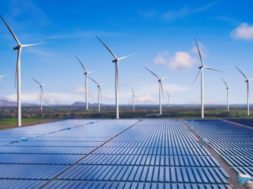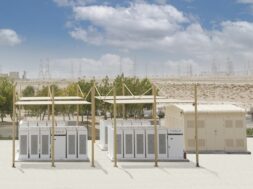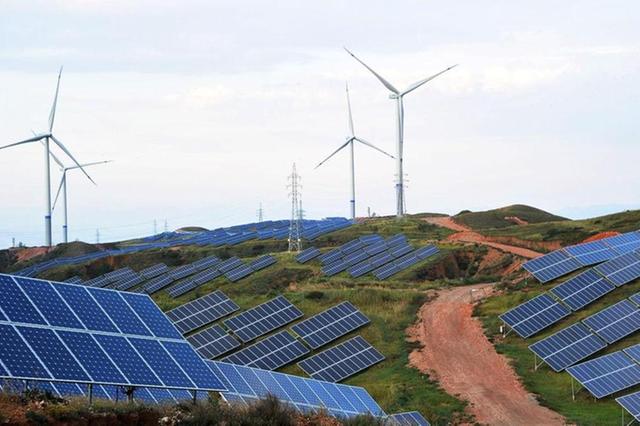
In Short : Renewable energy sources are poised to generate approximately one-third of the world’s electricity by the coming year, according to the International Energy Agency (IEA). This forecast indicates a substantial global shift toward cleaner and more sustainable energy solutions.
In Detail : Nuclear power is forecast to reach a record high
Renewable energy is set to make up more than one-third of total electricity generation by early 2025, overtaking coal, according to the International Energy Agency.
Global power demand will grow at a faster rate over the next three years as the energy transition gathers pace, with low-emission technologies expected to meet the additional increase in consumption, the Paris-based agency said in its Electricity 2024 report on Wednesday.
By next year, electricity produced by nuclear power is forecast to reach a record high as output from France climbs, several plants in Japan come back online, and new reactors begin commercial operations in markets including China and India.
When the share of global power generation from fossil fuels drops below 60 per cent, it will be the first time in more than five decades, based on the IEA’s records, the agency said.
“It’s encouraging that the rapid growth of renewables and a steady expansion of nuclear power are together on course to match all the increase in global electricity demand over the next three years,” said Fatih Birol, the IEA’s executive director.
“This is largely thanks to the huge momentum behind renewables, with ever cheaper solar leading the way, and support from the important comeback of nuclear power, whose generation is set to reach a historic high by 2025,” Mr Birol said.
Growth in electricity demand eased slightly to 2.2 per cent last year due to falling electricity consumption in advanced economies. It is projected to accelerate to an average of 3.4 per cent from 2024 through 2026.
About 85 per cent of the increase in global electricity demand through 2026 is expected to come from developing economies.
Emissions from power generation are estimated to decrease by 2.4 per cent this year, followed by smaller declines in 2025 and 2026, the IEA said.
The agency added that low-emissions sources would account for almost half of the world’s electricity generation by 2026.
“The decoupling of global electricity demand and emissions would be significant … with more consumers using technologies such as electric vehicles and heat pumps,” the agency said.
Electricity accounted for 20 per cent of final energy consumption in 2023, up from 18 per cent in 2015.
Achieving the world’s climate goals would require electrification to advance “significantly faster” in the coming years, the IEA said.
By 2026, China, the world’s second-largest economy, is expected to account for the largest share of the global increase in electricity demand in terms of volume even as its economic growth slows and becomes less reliant on heavy industry, the agency said.
The country’s post-pandemic recovery has fallen short of expectations amid a domestic property slump, weak manufacturing activity and reduced consumer spending.
Meanwhile, India’s electricity demand is set to rise the fastest among major economies, with additional demand over the next three years forecast to be roughly equivalent to the UK’s current electricity consumption.
The IEA expects electricity demand in Africa to grow annually by 4 per cent until 2026, which is more than double the mean growth rate during the 2015-2023 period.
Around 60 per cent of the increase is to be met by expanding renewables and the remaining mostly by natural gas.
“Electricity use is a key indicator of economic development in any country, and it’s a grim sign that it has flatlined in Africa on a per capita basis for over three decades,” Mr Birol said.
“Access to reliable, affordable and sustainable energy for all citizens is essential for African countries to achieve their economic and climate goals,” he added.
However, to meet the continent’s energy development and climate targets, investments will have to more than double to $200 billion per year by 2030, the agency said.
